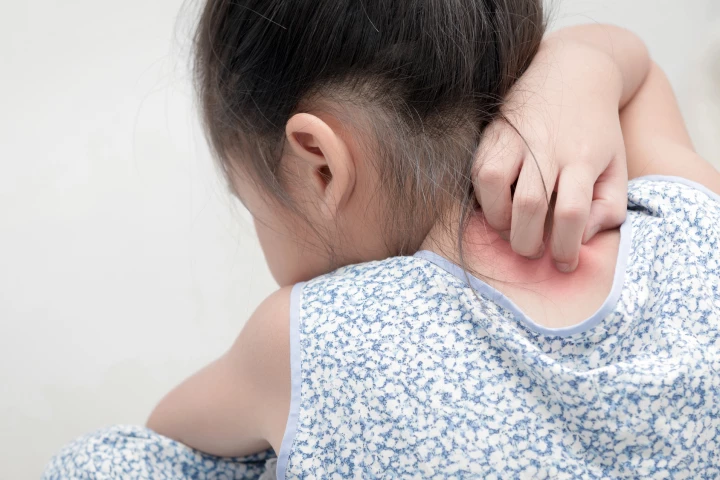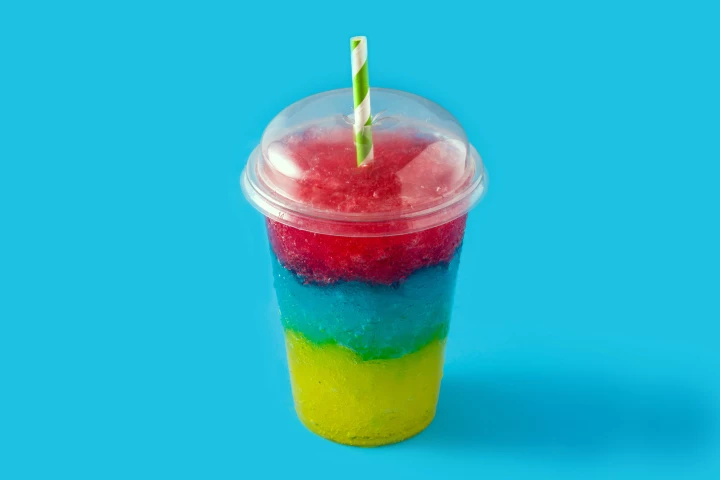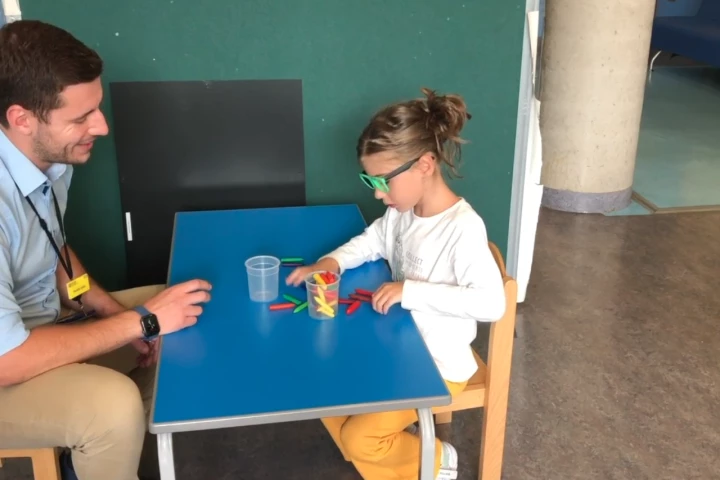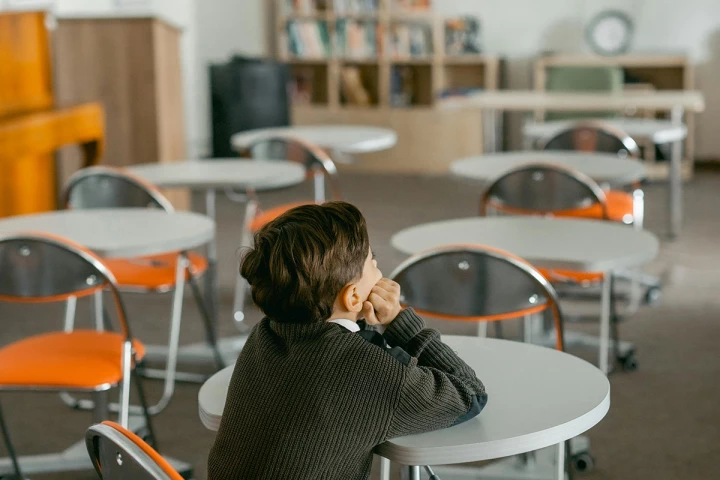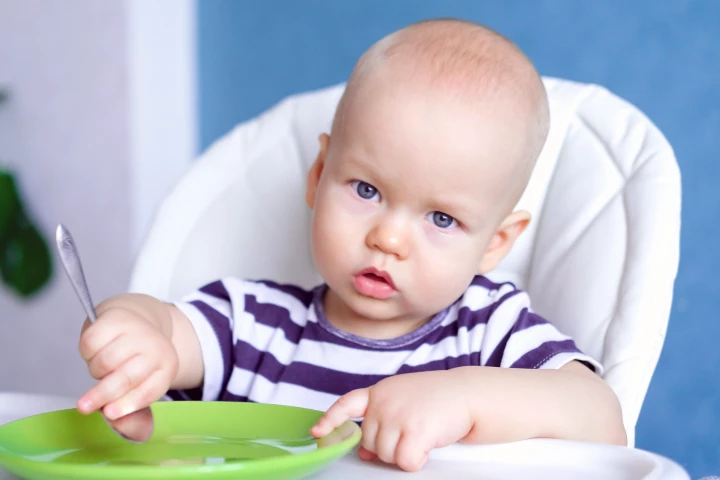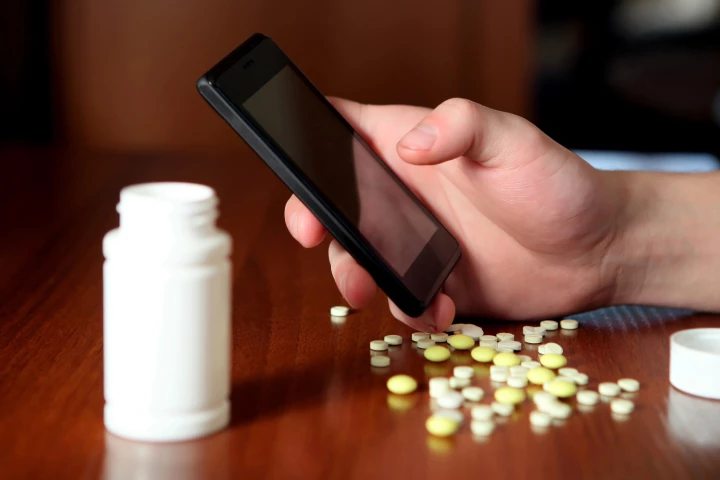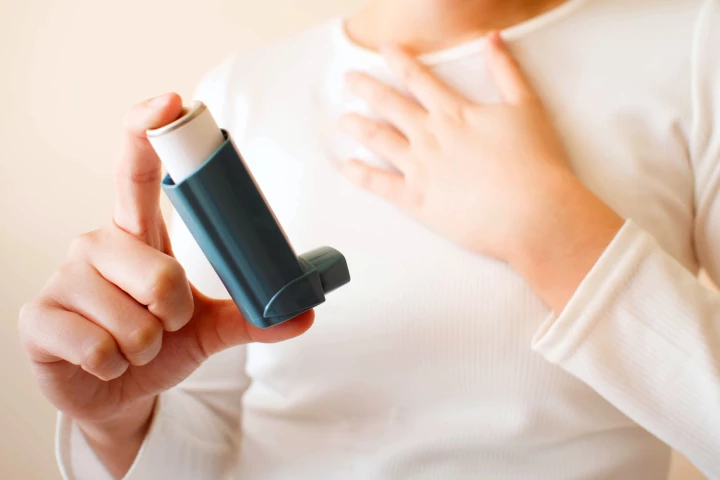Children
-
Children exposed to the common antimicrobial triclosan were more likely to develop allergic symptoms, a new study has found. It raises fresh concerns over the health impacts of a chemical widely used in everyday products.
-
Why don’t we remember specific events during those crucial first few years, when our brains worked overtime to learn so much? A new Yale study finds evidence that we do form memories, but can’t retrieve them.
-
In recent years, there has been an increase in kids becoming seriously ill soon after drinking sugar-free slushies. A new study has pointed the finger at glycerol, a compound that’s used as a sugar substitute and, until now, has been considered safe.
-
Scientists in the UK have successfully used gene therapy to restore some vision to legally blind children with an inherited retinal condition. All 11 children in the clinical trial saw improvements within weeks of a single surgical treatment.
-
A new study has revealed that kids who face exclusionary discipline at school were at greater risk of developing anxiety and depression. The research highlights the need to rethink how young students who act out are treated by educators.
-
While they might sound like healthy choices, a large study in Finland has revealed the detrimental impact of eating most fruits and several grains on diabetes risk. The study also revealed a helpful food ally in fighting off the disease.
-
Australia, the ‘allergy capital of the world,’ has launched a world-first free nationwide treatment program for children with peanut allergies. The goal is to safely build tolerance so that kids don’t need to worry about the possibility of a life-threatening reaction.
-
Canadian ebike maker Rocky Mountain has launch an adventure model called the Reaper Powerplay that's described as a "full-sized electric trail bike in a junior-sized package" and rides as the first mid-motor, full-suspension eMTB for kids.
-
Calls to US poison centers reporting intentional exposure resulting in deaths and serious harm to adults and children have risen significantly over a 15-year period, a new study found. Researchers say the alarming statistics warrant an examination of their root cause.
-
A new study led by researchers in Germany has for the first time compared the chemical composition of body odor between teenagers and infants, homing in on the exact compounds that make babies smell like flowers and teens smell like sweaty goats.
-
Combining census data with cutting-edge statistical analysis and satellite imagery, researchers have revealed a stark difference between inner- and outer-city living in terms of the risk children have of developing asthma.
-
Exposure to phthalates, a commonly used chemical in plastics, has been estimated to be the primary cause of one in 10 preterm births, according to a new study led by researchers from the New York University Grossman School of Medicine.
Load More
